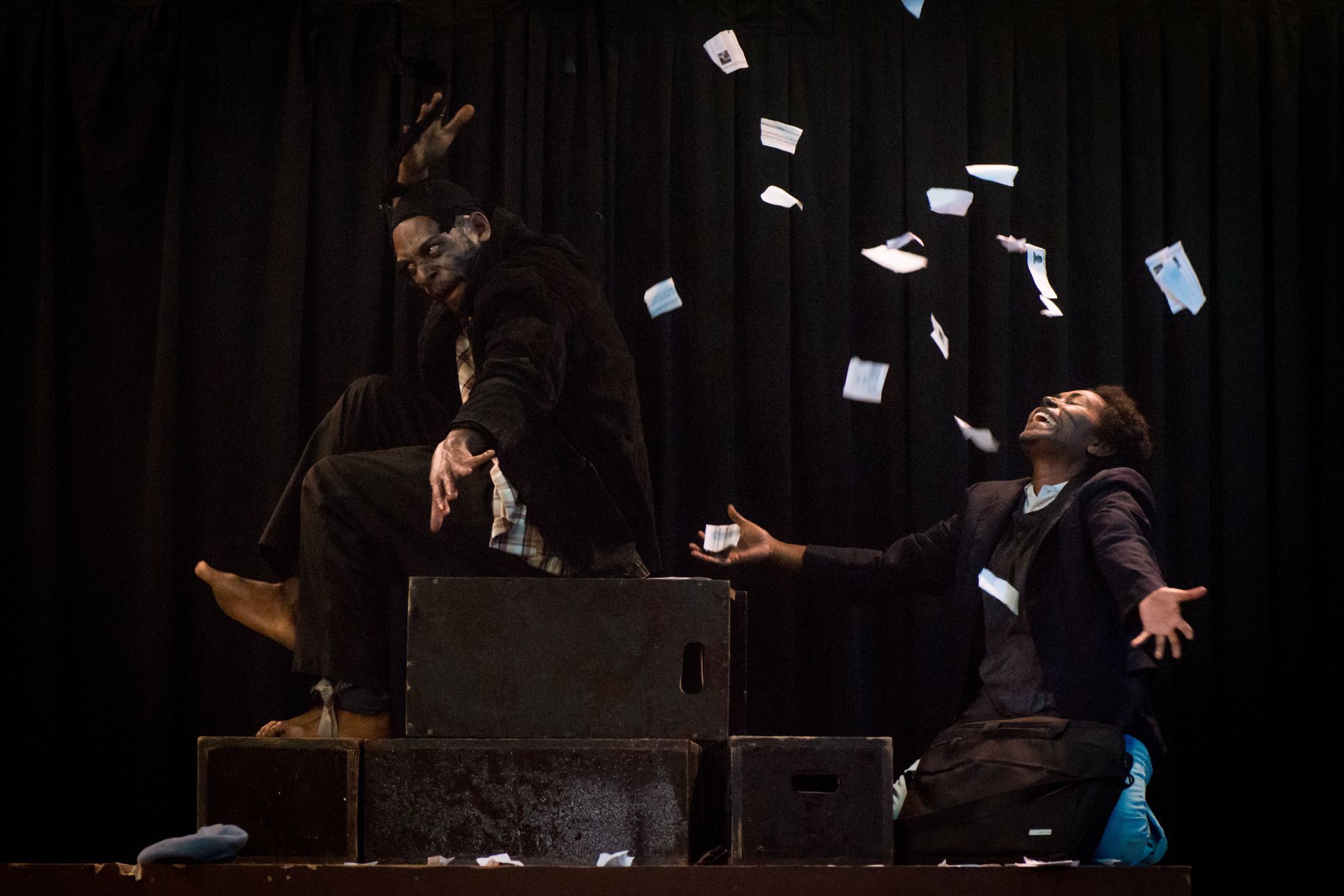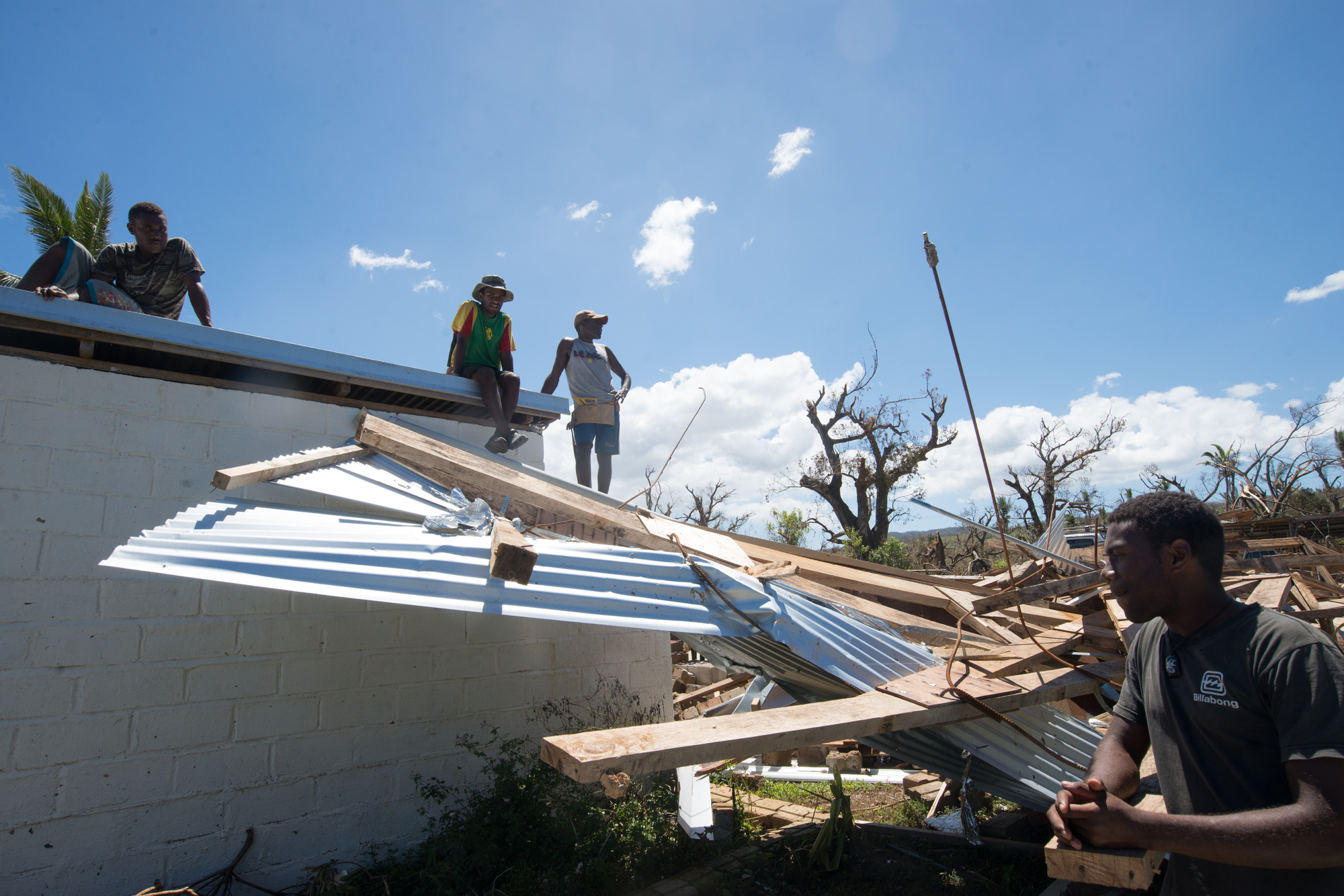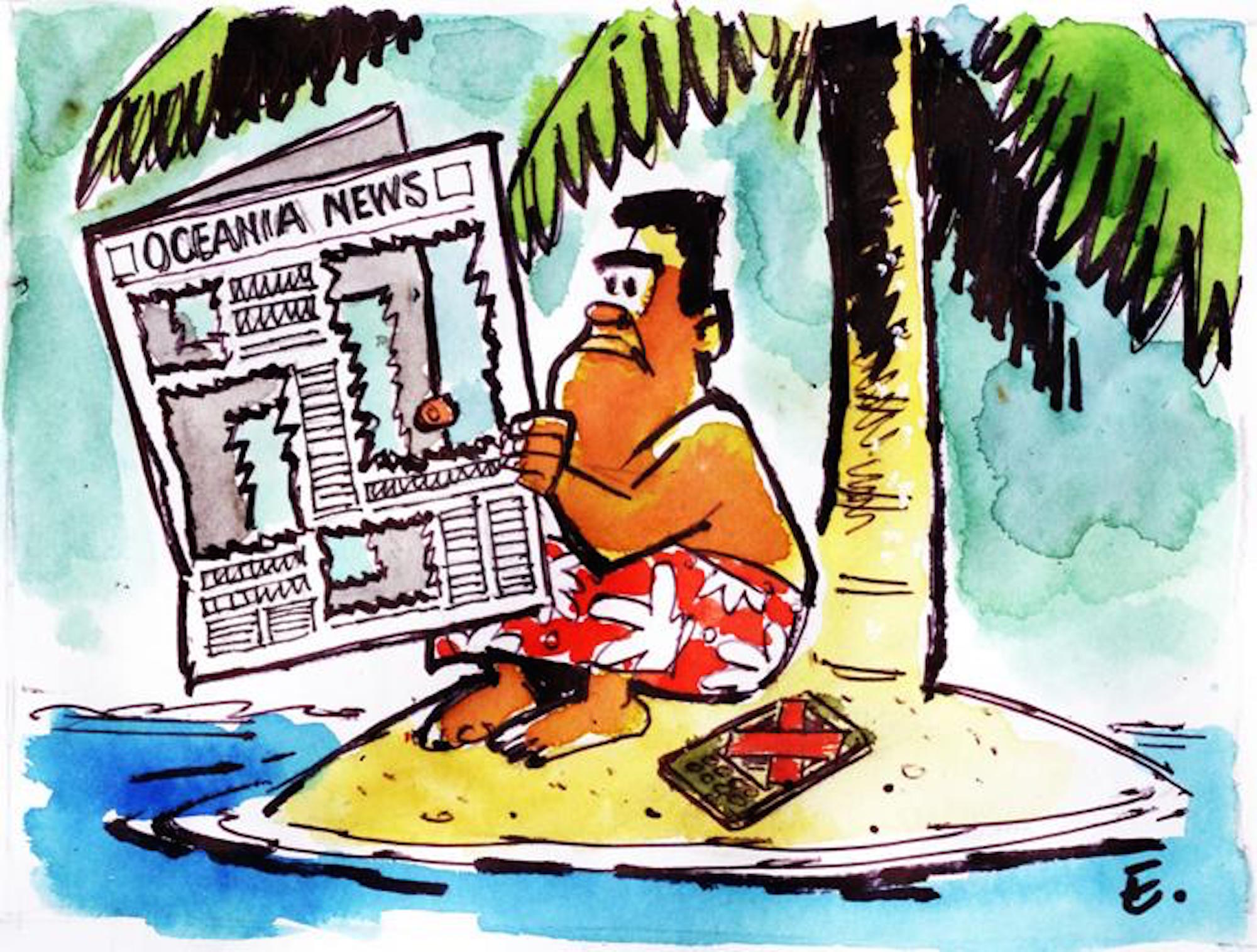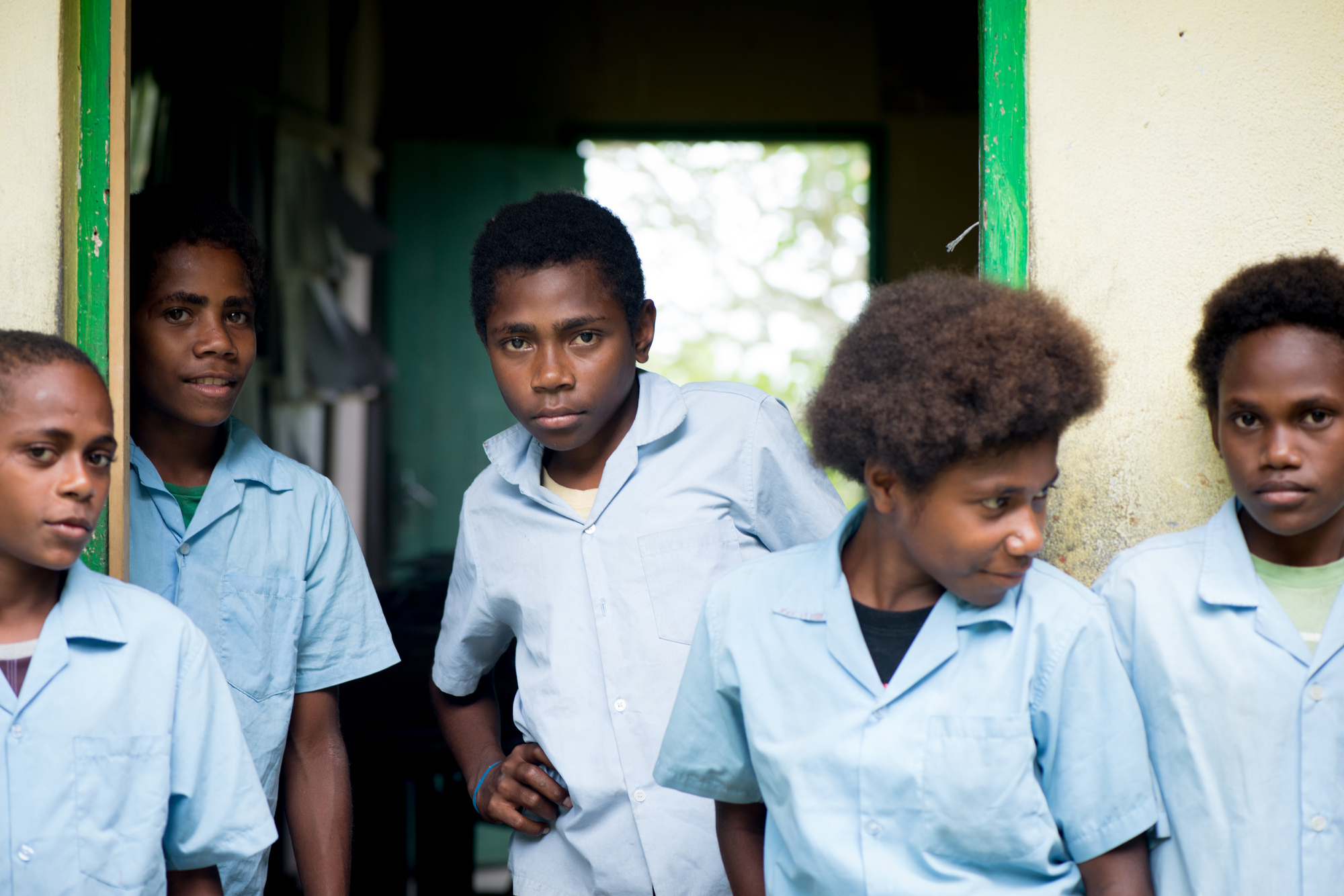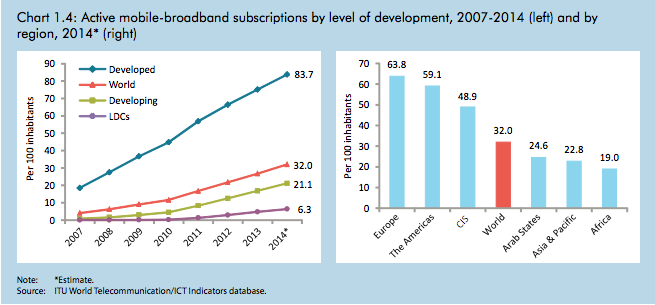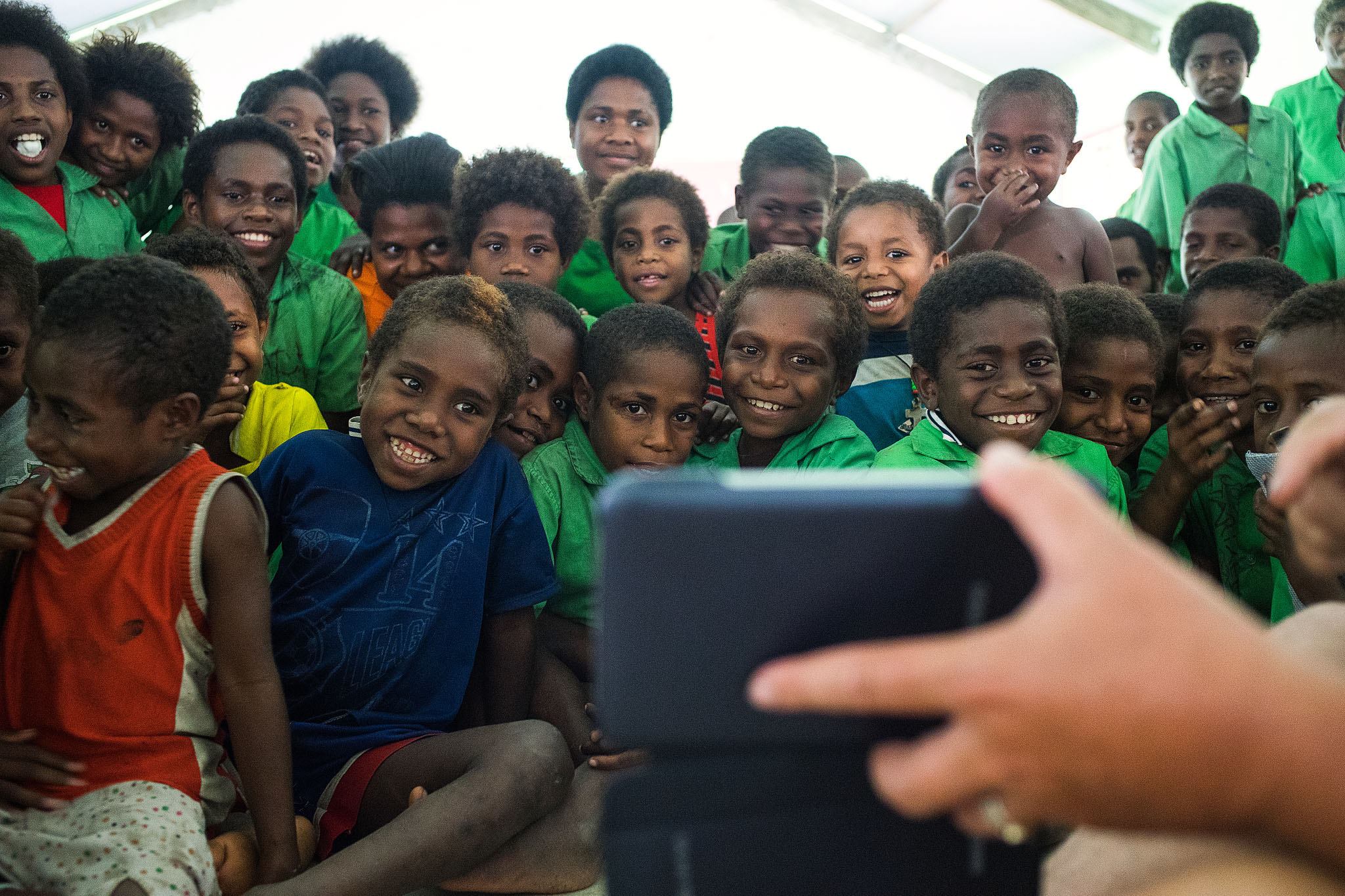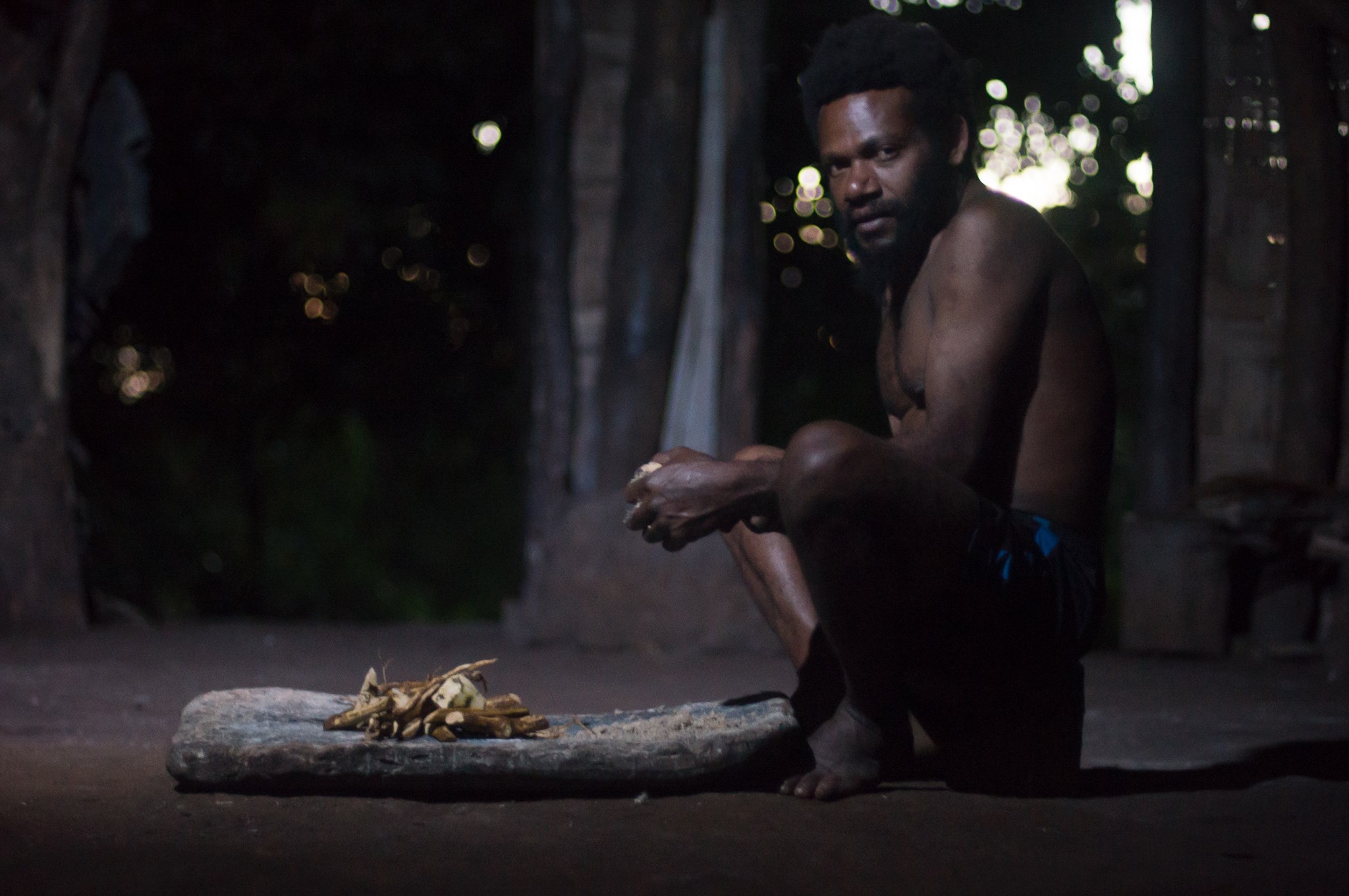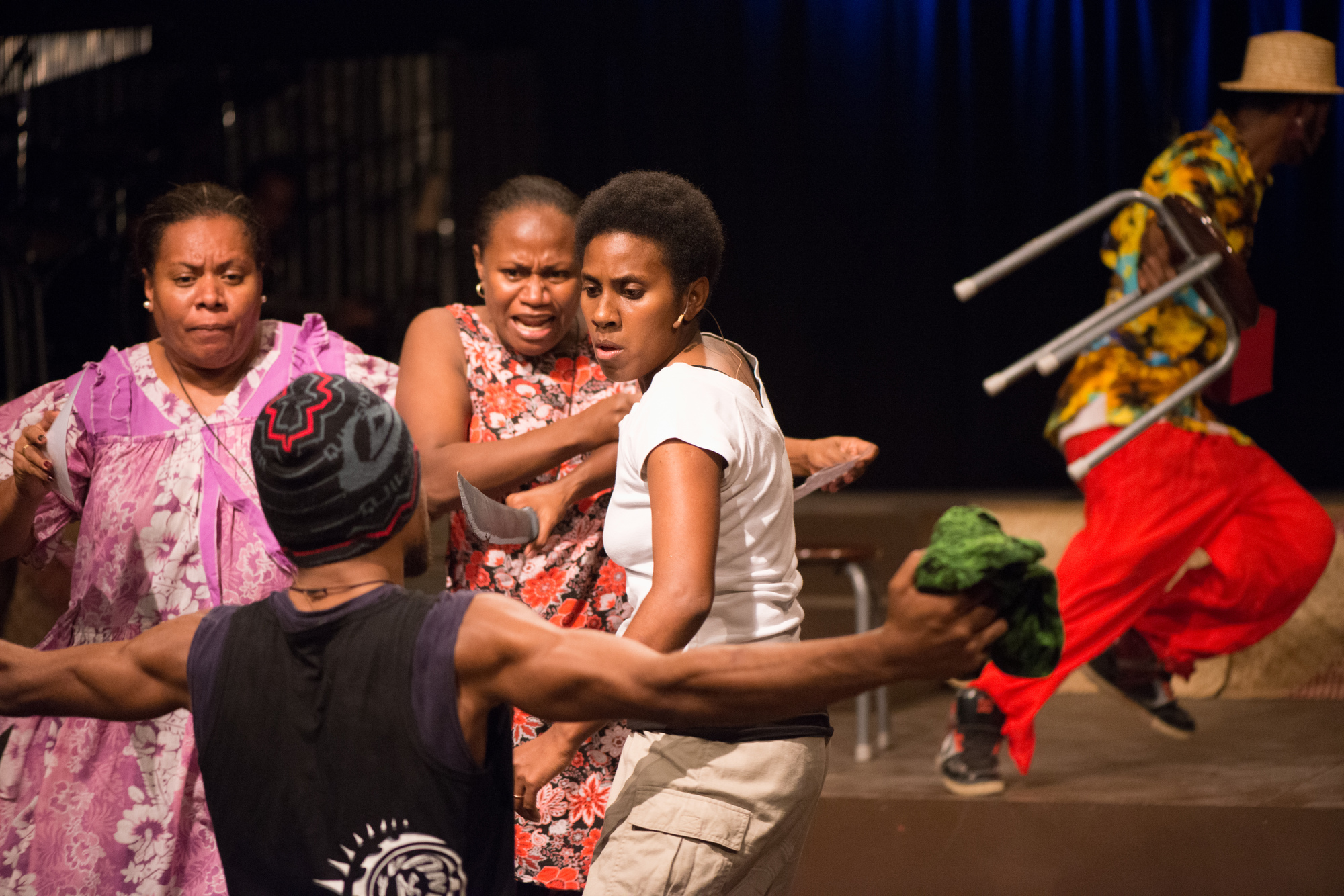Wan Smolbag’s new play, Kaekae Rat, is a broadly acted but subtly layered allegory of life in modern Melanesia
Originally published in the Vanuatu Daily Post
‘Really,’ asks the King Rat, ‘how exactly are rats and humans different?’
Out of that simple spark rises a complex allegory of honesty and deceit, selfishness and survival, all found in the least likely places. Wan Smolbag’s newest play—one of three in this year’s season—is the most ambitious yet in terms of its story-telling. Director Peter Walker says the play has a bit of a Cinderella quality to it, but here, it’s the rats are riding in coaches.
Rats and humans have always lived together, we are asked, so how, exactly how do they differ? They have leaders and followers; they all live and thrive surrounded by refuse; they squabble and vie incessantly; and they lust and love—and confuse the two—just as (in)constantly.
So why is it such a big deal then, when the King Rat becomes obsessed with Veronik, a still-pure flower of a girl, living in semi-squalor in Port Vila? At turns charming and menacing, he and his cohort are willing to wheedle, extort, con and coerce anyone in order to win her hand. Despite King Rat’s constant moans of frustrated desire, the solution turns out to be a simple one: Just find enough money to satisfy the girl’s so-called parents, and nothing else matters. Not even the wishes of Vero herself.
The plot writhes from one episode to another as rat and human natures try to come to terms, and as their mutual motivations are unveiled, it becomes increasingly difficult to answer King Rat’s question. And yet… and yet, as Vero’s younger brother candidly confesses, ‘who wants a rat for a brother-in-law?’ Read more “An urban kastom story”

